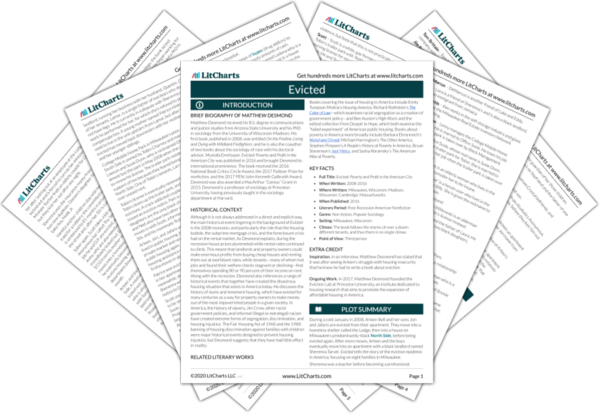Desmond’s argument in favor of a universal housing voucher system is persuasive, yet his optimism about this system is perhaps naïve. After all, the places that he cites as having supposedly universal housing systems still have problems with homelessness. Indeed, the housing voucher system in the UK only worked in conjunction with the widespread building of public housing. Since this public housing has been sold off in recent years, homelessness has skyrocketed.
